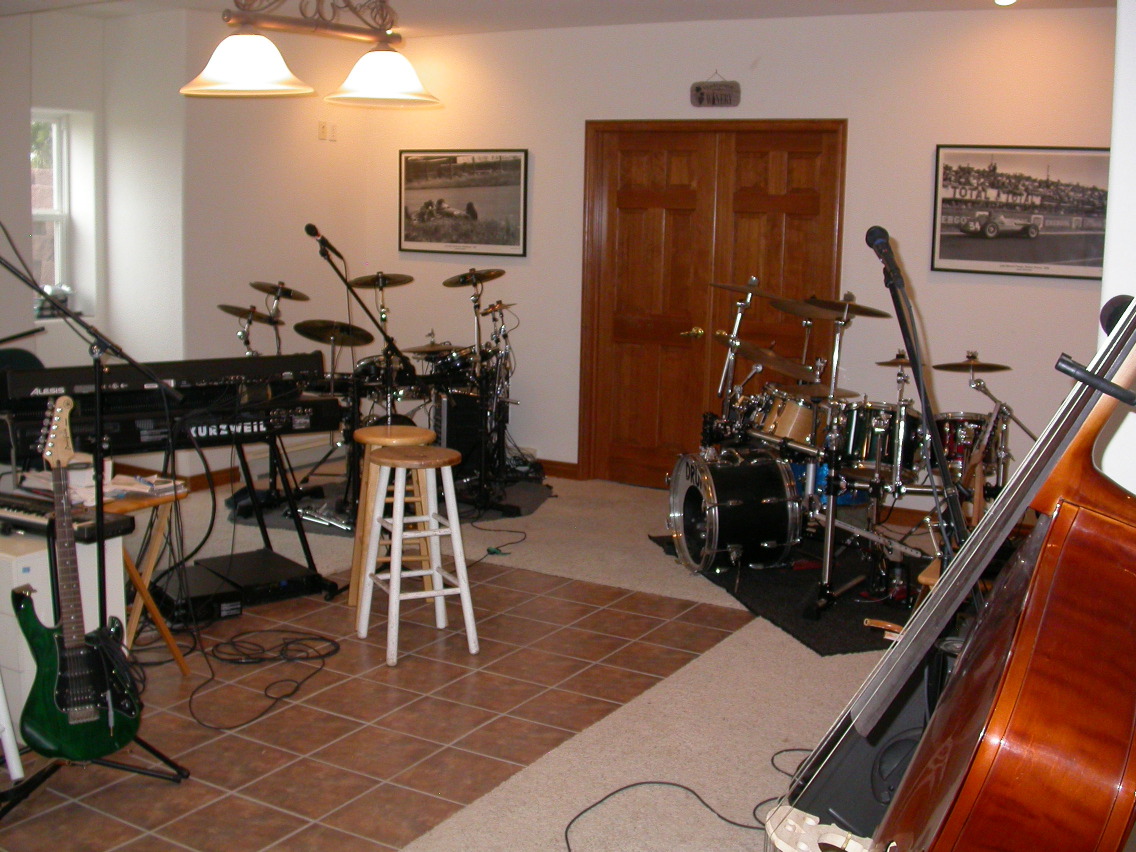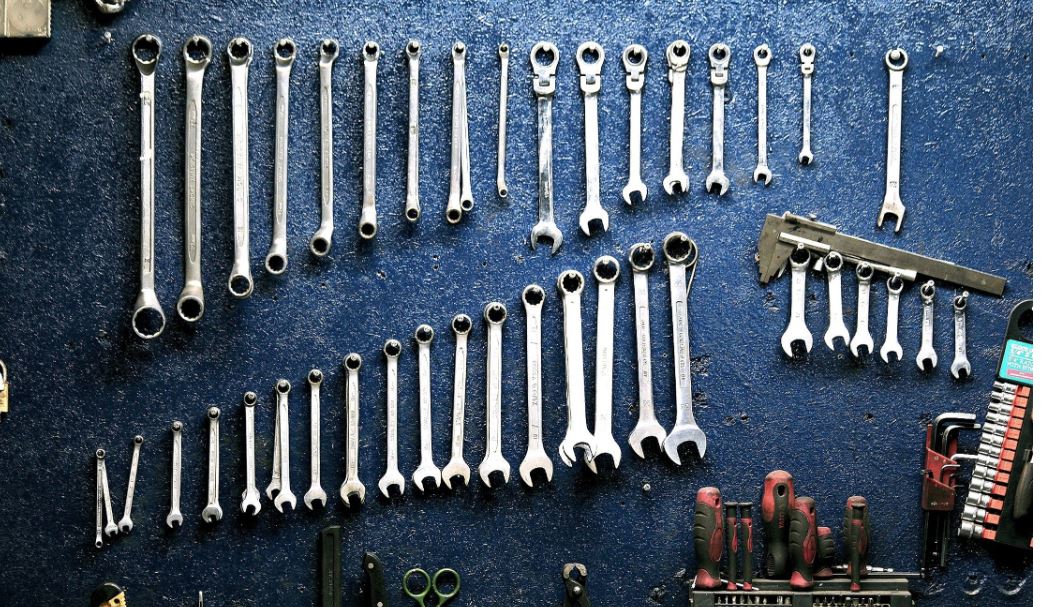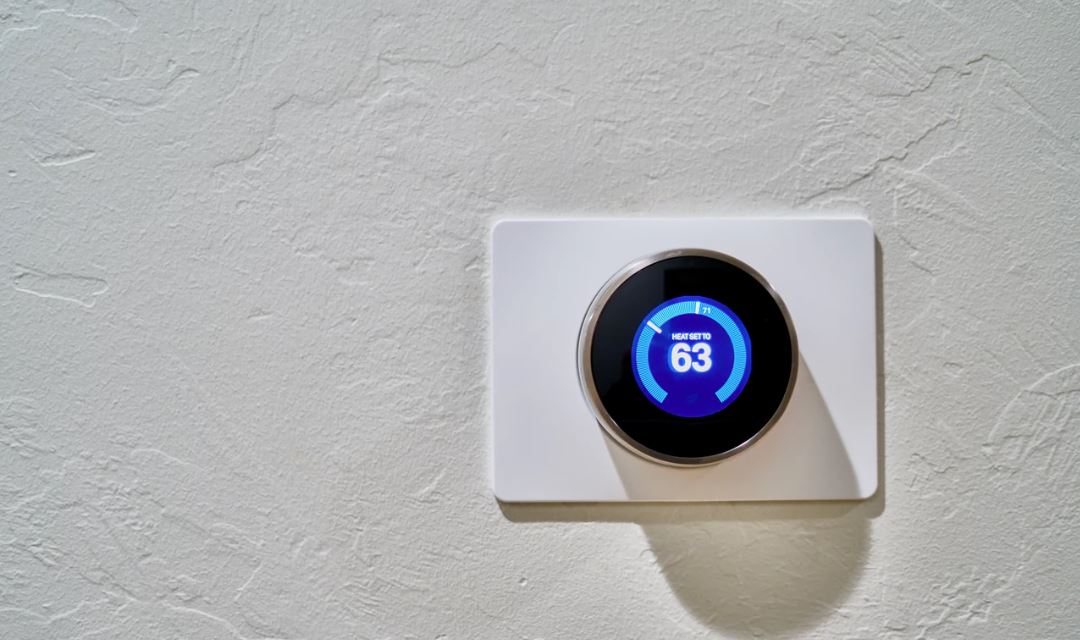For beginners, the question of whether it is preferable to own an acoustic drum kit over an electronic kit is a common predicament. As any drummer would tell you, hitting and perfecting a beat is no easy feat. It takes lots of practice, polished skills, determination and, of course, the right equipment to play as successfully as Neil Peart or John Bonham. That’s why choosing the right drum kit is a must.
Both acoustic and electronic drum kits have their advantages and disadvantages, though. The trick to choosing the right equipment is simply by understanding their features and differences and determining whether one type fits your needs and style best.
The Classic Acoustic Drum Kit
Perhaps anyone would agree that nothing else makes a drummer feel like a true-blue drummer than hitting a loud, acoustic drum kit. Its natural and crisp sound, oft-intimidating size and set-up are only some of the things that make acoustic drums appealing to musicians. A standard acoustic drum set is composed of a snare drum, bass drum, hi-hat, cymbals and at least two toms. Depending on one’s drumming ability and preferences, you can choose to add as many cymbals or re-arrange the set-up as you like.
The Rise of Electronic Drums
The first electronic drums were believed to have been created by The Moody Blues drummer Graeme Edge and Sussex University Professor of Electronics Brian Groves for the song “Procession” in 1971. But it was not until the late 90’s that manufacturers produced quality electronic drums that closely mimicked the sound and playing experience of an acoustic drum kit.
Instead of a variety of drums, a set of pads or discs make up an electronic drum kit. They are mounted on a stand, like acoustic drum kits, and come with a rubber or cloth-like coating and a sensor that transmits electronic signals to produce a sound when struck.
Comparing Acoustic and Electronic Drum Sets
Professional drummers, like Nick Mason of Pink Floyd and Roger Taylor of Queen, are known to own both kinds of drum sets because of the unique features that one type offers than the other. Some also say that it’s better to learn with an acoustic drum set first before proceeding with electronic drums. But to settle this once and for all, below are some factors that you need to consider when deciding between acoustic or electronic drum kits:
- Noise Level –
drums can become too noisy, especially if the player gets carried away with the beat. This can be an advantage or disadvantage depending on the setting or area you’re playing. Acoustic drums would definitely make a louder noise than electronic drums, making them more appropriate if you’re playing for a big crowd. Electronic drums, on the other hand, allows for noise and volume control which makes them ideal for late-night practice if you have grumpy neighbours around.
- Portability –
when it comes to portability, electronic drums certainly has an advantage. They take lesser space and can conveniently be packed if you have a gig. In contrast, acoustic drums are heavier and larger with its detached pieces and may be more difficult to set-up for newbies.
- Price –
price of drum sets can vary anywhere from $300 to $8000, considering the quality and the brand. Electronic drums are generally more expensive than acoustic drum since it’s an electronic component. However, there are also acoustic drum sets that may cost as much as the electronic ones. To ensure that you are really getting the value for your money, shop only from a reputable online music store or your trusted local shop.
- Sound and Feel –
it’s already been argued that there’s still nothing quite like the sound and feel of the acoustic drums. Nevertheless, there are also certain features of electronic drums that acoustic drums can’t match, such as the ability to reproduce a variety of sounds through electronic drum modules. Some kits also have play-along songs and built-in metronomes which would come handy for beginners.
Choosing the right kind of instrument is important, whether you’re planning to attend a music school or learning to play drums on your own. What it all boils down to is the type of drums you’re must comfortable with, and if you think you can rock out better with acoustic or electronic drums.
Debra Wright blogs about a plethora of topics including drums and other fields. Debra considers Big Music as one of the leaders in Music Stores.





